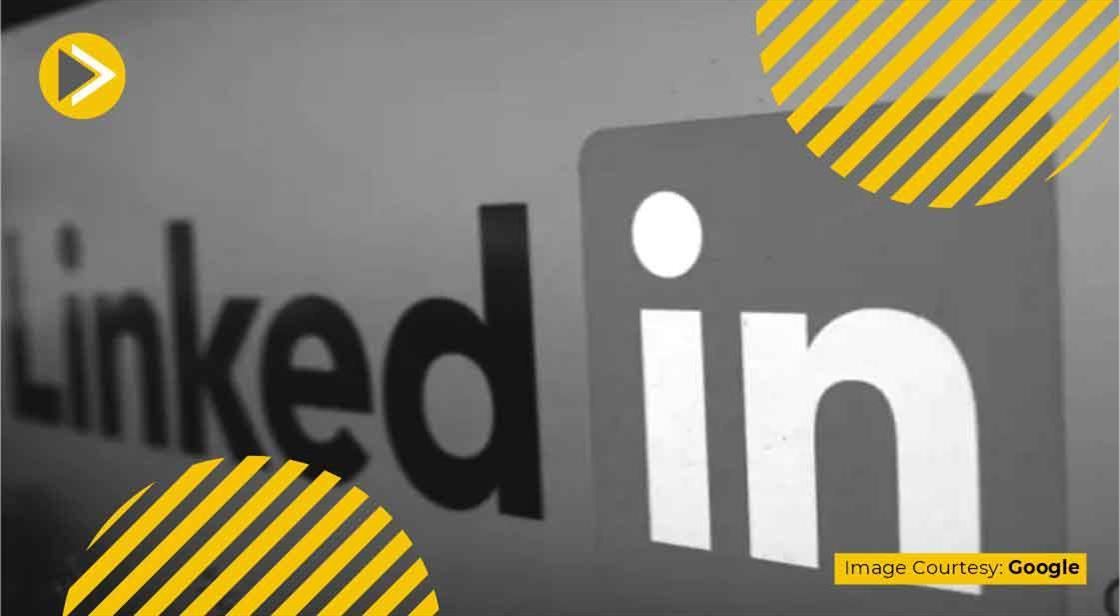LinkedIn CEO: Degrees Won’t Get You Hired—AI and Adaptability Will

News Synopsis
In a world increasingly shaped by artificial intelligence (AI) and rapid digital transformation, a prestigious college degree no longer guarantees career success. That’s the message from LinkedIn CEO Ryan Roslansky, who urges young professionals to prioritize practical skills, adaptability, and AI literacy over traditional academic credentials.
LinkedIn CEO Ryan Roslansky’s advice reflects a broader shift in how employers across industries evaluate talent. As AI becomes integral to the global workforce, companies are seeking individuals who can adapt, learn, and evolve—qualities that matter more than the name of one’s university.
AI Skills Over Fancy Degrees: A Shift in Hiring Priorities
During a recent fireside chat, Roslansky emphasized that the rules of hiring are changing rapidly. He noted,
“The future of work belongs not anymore to the people that have the fanciest degrees or went to the best colleges, but to the people who are adaptable, forward-thinking, ready to learn, and ready to embrace these tools.”
This signals a significant departure from the long-held belief that a prestigious degree guarantees a good job. Instead, companies today value skill-based learning and technological adaptability as the foundation of employability.
Companies Value Adaptability Over Academic Pedigree
According to Roslansky, the AI revolution is resetting employer expectations. Recruiters are increasingly seeking candidates who can quickly upskill and keep pace with evolving technology. He explained that this shift isn’t confined to tech companies — it spans every sector.
“It really kind of opens up the playing field in a way that we’ve never seen before,” Roslansky said.
Backing this view, a Microsoft survey found that 71% of business leaders would rather hire a less experienced candidate with AI skills than someone with more experience but no AI expertise. Moreover, 66% admitted they would not consider hiring someone who lacks basic AI literacy.
At LinkedIn’s “AI in Work Day” event, the company revealed that job listings demanding AI literacy have surged by nearly 70% within just one year. This dramatic increase highlights a clear message: understanding AI is no longer optional—it’s becoming a minimum requirement for employability.
Human Skills Remain the Secret Weapon
While AI expertise is now essential, Roslansky reminded professionals not to underestimate the power of soft skills.
“People who embrace AI will replace those who don’t, but knowing how to talk to chatbots won’t be enough,” he said.
He stressed that communication, empathy, and adaptability will continue to play a vital role in professional success.
“I believe that the human component to all of this is, quite frankly, going to be most people’s secret weapon,” Roslansky added. “So, empathy, communication, adaptability, being able to actually just have a conversation with someone—don’t forget the human skills. Those are critical to being successful in anything that you’re trying to do moving forward.”
As automation and AI redefine workplace dynamics, these “human skills” will help individuals stand out in a tech-driven world.
The Future of Work: Blending Human Intelligence with AI
Industry experts agree with Roslansky’s vision. The World Economic Forum’s Future of Jobs Report 2025 predicts that 50% of all employees will need reskilling by 2025, primarily due to automation and AI. The report also identifies analytical thinking, creativity, and emotional intelligence as top skills in demand for the next decade.
This reinforces the idea that future professionals must combine technical knowledge with human-centric abilities to thrive in an AI-first world.
Key Takeaways
-
Degrees alone no longer ensure success — skills and adaptability do.
-
Employers increasingly value AI literacy and reskilling capacity.
-
Soft skills like communication, empathy, and collaboration remain indispensable.
-
The AI-driven job market rewards those who continuously learn and evolve.
Conclusion: Adaptability Is the New Intelligence
Ryan Roslansky’s insights mark a critical moment in the ongoing transformation of global employment. As companies redefine what makes a candidate valuable, success will favor those who balance AI proficiency with human connection and adaptability.
In the era of intelligent machines, the smartest workers will be those who can learn, unlearn, and relearn—proving that the future truly belongs to the adaptable.
You May Like









